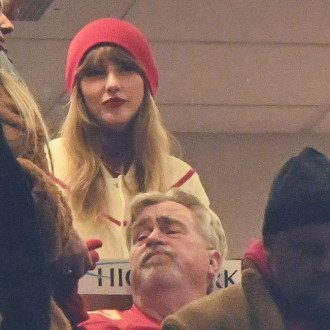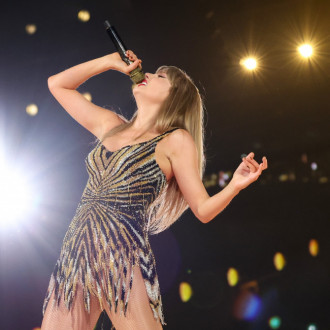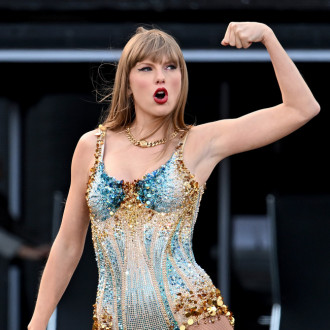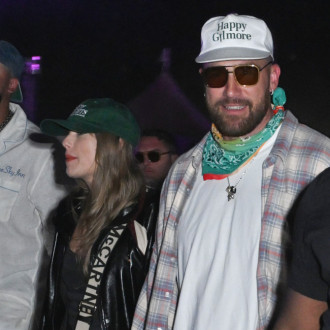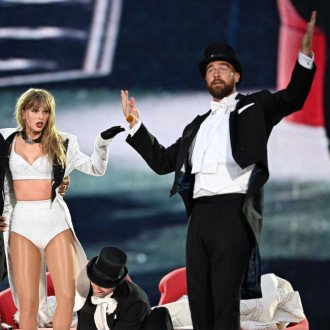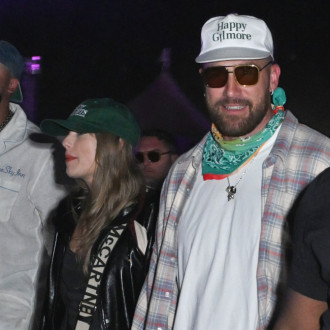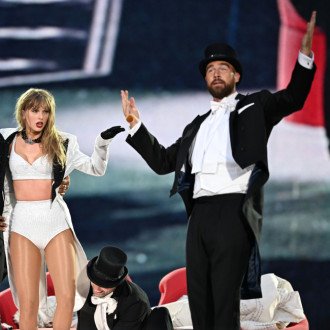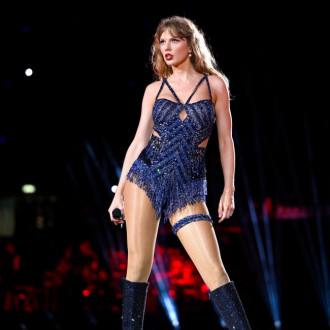Taylor Swift Removes All Music From Spotify
By Nick Hill in Music / Festivals on 04 November 2014
The 24 year-old singer removes all of her back catalogue, including new album '1989,' from Spotify to lead the fight against music streaming services that are the cause of low CD sales.
Taylor Swift is one of the most popular female recording artists in the world right now, and it also seems she is quite the strategist when it comes to the business side of things as she has pulled all her music from the digital streaming site Spotify.
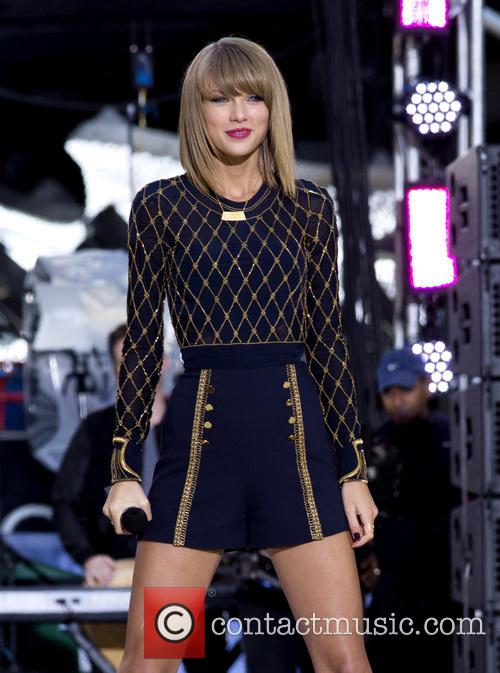
Swift is leading the fight against music streaming services
The music streaming service removed all of Swift's back catalogue on Monday (Nov 3rd), as well as her brand new album '1989,' and in a blog entry on its website, Spotify hoped the 24 year-old singer would "change her mind."
More: Look Out World! Taylor Swift Is Coming To A City Near You!
"We love Taylor Swift, and our more than 40 million users love her even more-nearly 16 million of them have played her songs in the last 30 days, and she's on over 19 million playlists," the blog post read. Swift's single, 'Shake It Off,' was the most-played song on Spotify last week.
The streaming company also sounded like an ex-boyfriend reacting to a breakup with Swift, as the blog post added, "Taylor, we were both young when we first saw you, but now there's more than 40 million of us who want you to stay, stay, stay. It's a love story, baby, just say, Yes."
'1989' can now only be purchased as a hard copy now, which may have been a strong business move from Swift as her fifth studio album sold more than 700,000 copies in the first two days it went on sale last week, easily eclipsing this year's fastest-selling album - Coldplay's 'Ghost Stories' that sold 383,000 in May.
More: Review of '1989' by Taylor Swift
Streaming sites, such as Spotify, and illegal downloads are putting CD sales at near-record lows, and in June Swift wrote in the Wall Street Journal that artists need to take responsibility for their own music.

Swift pulled all of her music from Spotify on Monday
"Music is art, and art is important and rare," Swift wrote. "Important, rare things are valuable. Valuable things should be paid for. It's my opinion that music should not be free, and my prediction is that individual artists and their labels will someday decide what an album's price point is. I hope they don't underestimate themselves or undervalue their art."
Spotify have since claimed nearly 70% of their revenue is paid directly back to rightsholders in the form of royalty payments, but will Swift's political statement trigger other artists to fight for their music?
Contactmusic
Movies and Trailers

The Giver Movie Review
Yet another teen sci-fi adventure, this movie may be sharply well-made but it struggles to...
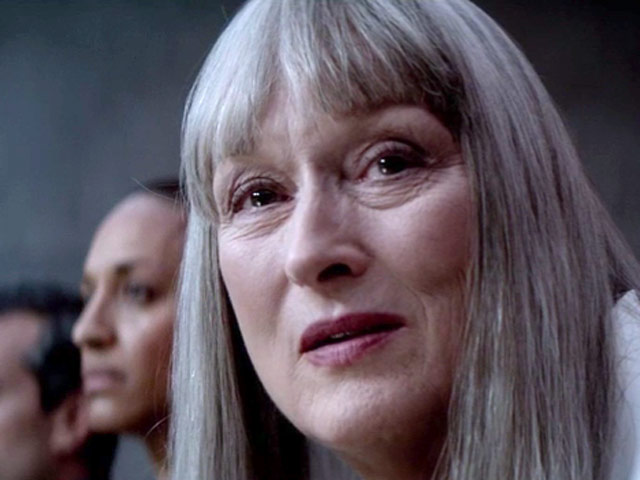
The Giver Trailer
Author Lois Lowry talks about her dystopian sci-fi book 'The Giver' in a featurette ahead...

The Giver Trailer
Jonas is a young man who lives in a community where everybody is the same....
Advertisement

The Lorax Trailer
Ted is a young boy who lives in the perfect town: everything is clean and...

Valentine's Day Trailer
Watch the trailer for Valentine's Day *Chick Flick Alert* Valentine's Day is a romcom set,...

Hannah Montana The Movie Trailer
Watch the trailer for Hannah Montana The MovieHannah Montana has had the feature film treatment....
Advertisement

